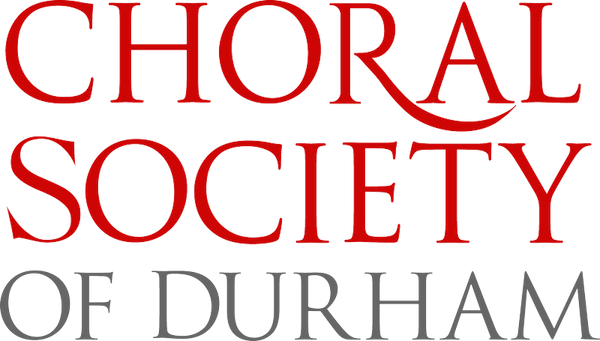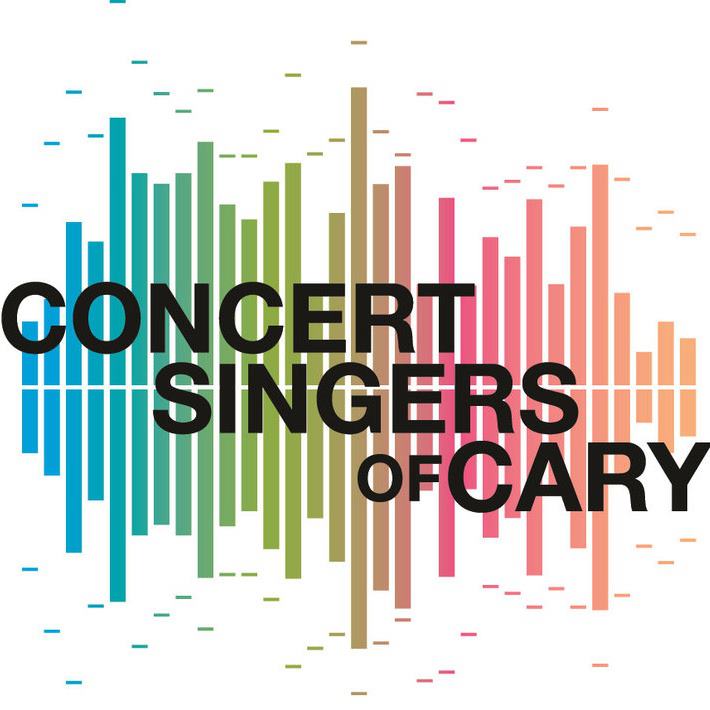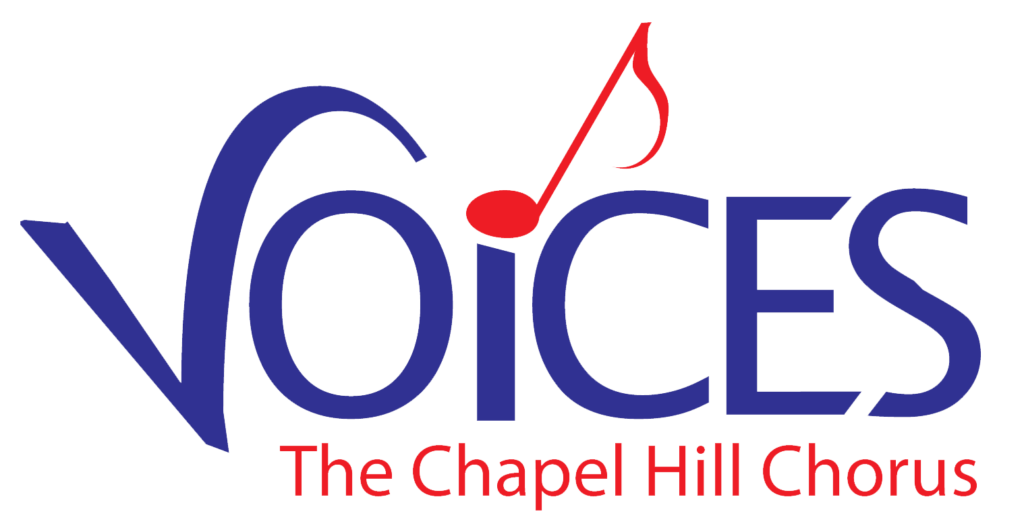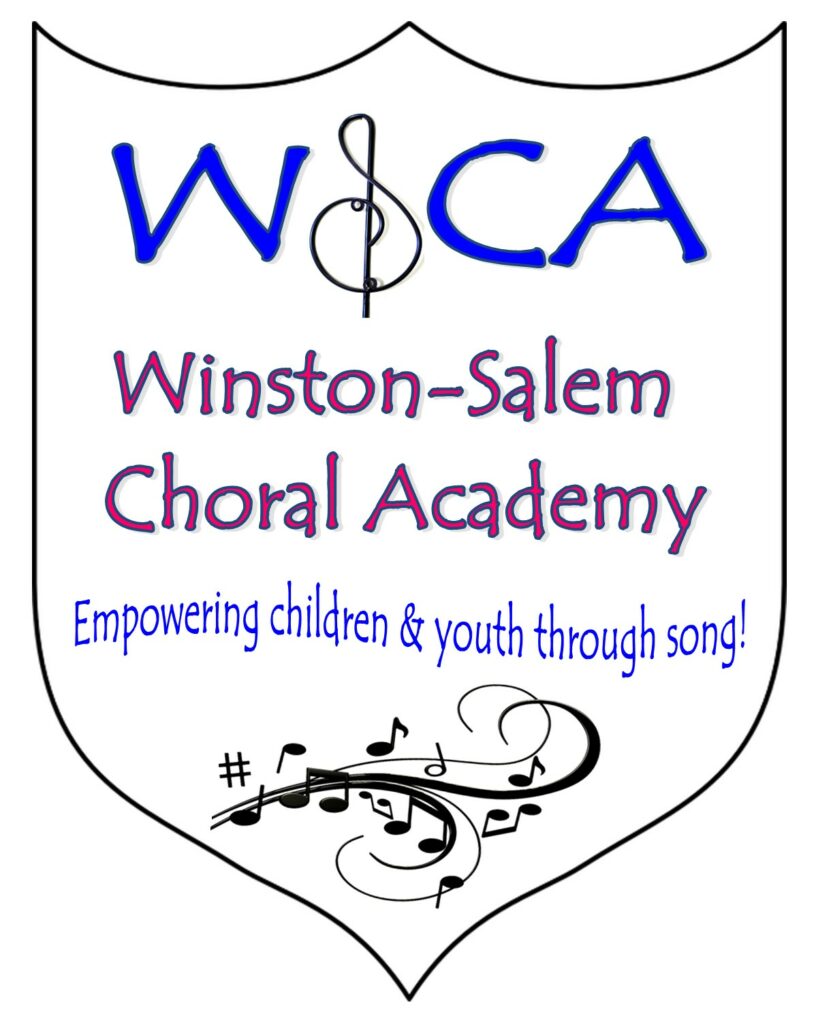William Adams, DMA
Music falls into two overarching categories: Programmatic and Absolute. Absolute music exists only for the sake of the music; programmatic music tells a story. Composers give us a hint as to their intent in how they title the piece. J.S. Bach’s “Prelude in C” isn’t trying to tell us a story (even though it was later connected with a lyric and a melody by Charles Gounod); Antonio Vivaldi’s “The Four Seasons” has created context and imagery before the first note is played. The score contains poetic descriptions of the seasons, and we are certainly able to recognize each season by hearing the work alone. Vocal music may also be absolute if it does not contain lyrics but any vocal piece containing a lyric, by definition, is telling a story.
The Cary-Apex Youth Choir is a remarkable program. Comprised of three choirs ranging from first grade to high school seniors graded by ability, it is not just a recreational performance opportunity but a comprehensive education program for choral music. Students learn the fundamentals of reading music, vocal technique, and ensemble singing techniques but they don’t just learn to stand and sing! They are taught to be the total package as choristers; they learn to move, to emote, and to connect with their audience. And so, what better theme for a concert than storytelling?
This was profoundly demonstrated by Linda Gorham, a professional storyteller based in Cary. She brought several children on stage with her and then invited the entire audience to participate with sounds and movements as she told a beautiful story illustrating how stories connect us to each other. Her presentation was infused with an infectious energy, rich spirit, and an easy sense of humor. Using the animal kingdom as a metaphor, the message of different peoples connecting through story was powerful.
This beautifully crafted concert, “The Stories We Tell,” included music from South Africa, Mexico, Korea, Italy, and Japan, as well as sea shanties and Appalachian folk songs. The choristers sang with remarkably clean and exceptionally accurate diction throughout the concert, in every language, a noteworthy achievement for even the most advanced adult choirs.
All three choirs impressed. The youngest singers, in the Discovery choir, sang the Korean folk song “Arirang.” They handled the language easily (it was a mix of Korean and English lyrics) and despite being non-auditioned, their intonation was quite good. The intermediate choir, Prelude, gifted us with energetic and engaging performances in Spanish and Japanese as well as English. The advanced choir, Lyric, amazed with staged performances working without a conductor for their first two songs. Their repertoire included South African and Italian texts that were handled effortlessly.
It was evident with each ensemble the level of craft being taught. None of the choirs over-sang, the voices were always in control. Their vowel matching was impressive even for professional ensembles. Their performances were nuanced and musical.
Several singers were featured as soloists throughout the concert, each singing with near perfect intonation, excellent control, and a very mature presence. Lily Houck’s beautiful, expressive tone in her solo in “Journey to the Past” was a wonderful way to open the concert. Keshav Raman and Saanvi Dalvi provided just the right amount of swashbuckle to their solos on the ever popular “Wellerman.” (A special note of recognition to Abbie Delauney for crafting an excellent arrangement of this popular sea shanty.) The South African song “Bhombela” was one of the more complicated pieces of the evening with involved choreography, rhythm sticks, foot stomps, and multiple soloists weaving around three-part harmony in the choir. Lakshana Srihari, Laila Kraus, Brendan Hagedorn, Isha Raman, Abbie Delauney, Sophie Kimbark, Edna Sabin, and Madeline Sager each brought something unique and exciting to their solos. In Kyle Pederson’s poignant “Does the World Say?” we were treated to well inflected, natural spoken introductions as well as two beautifully sung solos by Michelle Vineeth and Emmie Morrison. In the finale, Amen Noza demonstrated an impressive grasp of musical theater and showed us a voice with amazing potential for a career.
Laura Delauney and her staff with the Cary-Apex Youth Choir have apparently not informed their singers that singing is, in fact, difficult. They have not been told that singing in foreign languages is even more difficult nor have they been told that one should not be engaging, or move, or sing with great joy. And so, handicapped by this blissful ignorance, these young musicians presented a truly breathtaking and inspiring concert.









